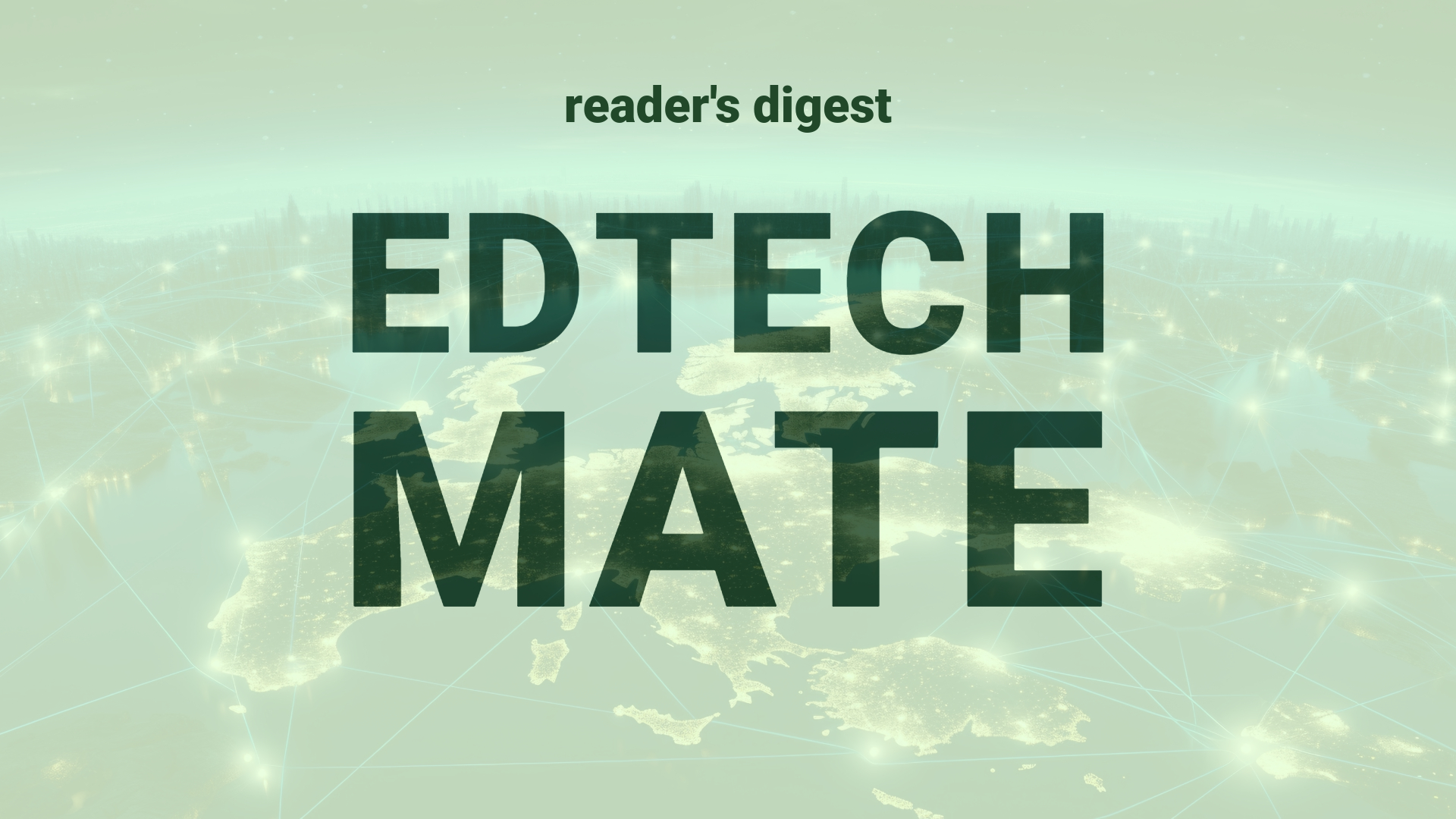Executive Summary and Main Points
In the rapidly evolving landscape of education technology, the HBR IdeaCast’s special series ‘Tech at Work’ is poised to provide senior leaders with critical insights into incorporating technologies such as generative AI into their organizations. The series, hosted by Juan Martinez and Tom Stackpole, aims to cut through industry noise and offer actionable advice on technology adoption, collaboration enhancement, spatial computing understanding, and digital marketing strategies in a post-third-party-cookie era. These conversations are especially relevant for international education and digital transformation, where strategic technology integration can make a significant difference.
Potential Impact in the Education Sector
The developments discussed in ‘Tech at Work’ could have transformative implications for Further Education and Higher Education sectors by driving innovation in teaching methodologies and administrative efficiencies. The series’ focus on generative AI could revolutionize content creation, curriculum development, and personalized learning. In the realm of Micro-credentials, discussions on digital marketing evolutions could reshape how institutions attract and engage with lifelong learners. The series promotes strategic partnerships and digitalization as it navigates the implications of collaboration technology and spatial computing in educational settings.
Potential Applicability in the Education Sector
Applications derived from the ‘Tech at Work’ series could include AI-enhanced learning platforms that offer a personalized educational experience or the use of spatial computing to create immersive virtual learning environments. Such digital tools could be tailored to global education systems to improve access and engagement, ensuring a broader reach and inclusivity. The series’ insights might also inform the development of collaborative tools that are designed to facilitate international research partnerships and cross-cultural educational exchanges.
Criticism and Potential Shortfalls
While the promise of new technologies is great, a critical analysis reveals potential shortfalls such as the digital divide, which could exacerbate existing inequalities in global higher education. Ethical considerations around the use of generative AI raise concerns about academic integrity and authorship. Cultural implications of adopting such technologies require sensitive integration strategies that respect diverse learning environments and pedagogical traditions. Comparative international case studies could help in assessing the real-world impacts and adaptation requirements of these technological advancements.
Actionable Recommendations
To leverage the technologies discussed in the ‘Tech at Work’ series, international education leadership should consider the following recommendations: conduct pilot projects to assess the efficacy of AI tools in curricular development, invest in faculty and staff training on new collaborative technologies to enhance team productivity, and develop partnerships with tech companies to stay at the forefront of digital marketing strategies. By doing so, they can ensure that their institutions remain competitive and are effectively preparing students for a future shaped by technological innovation.
Source article: https://hbr.org/podcast/2024/04/special-series-tech-at-work

